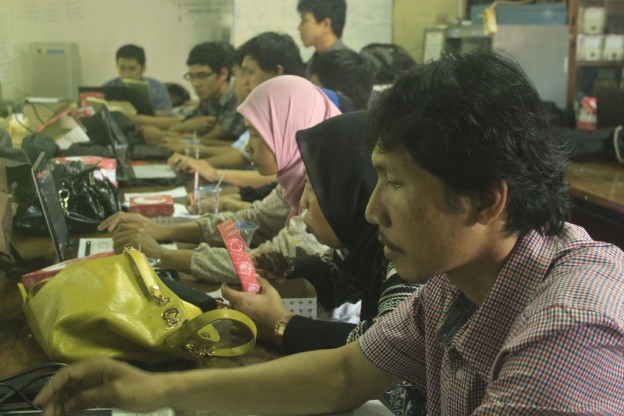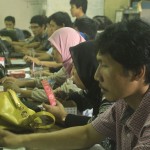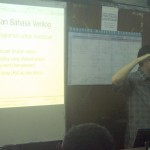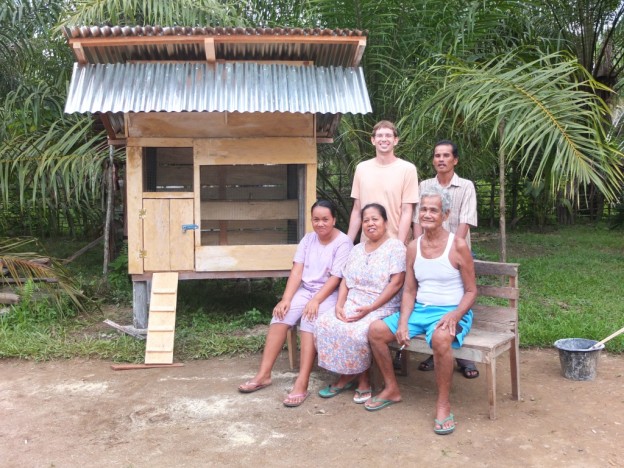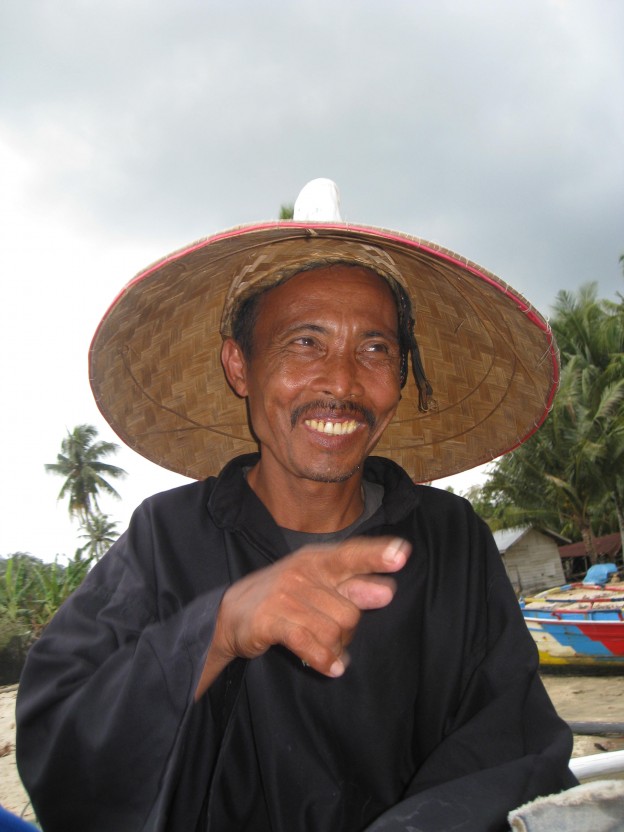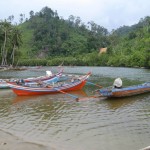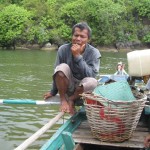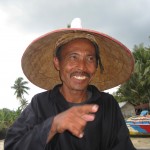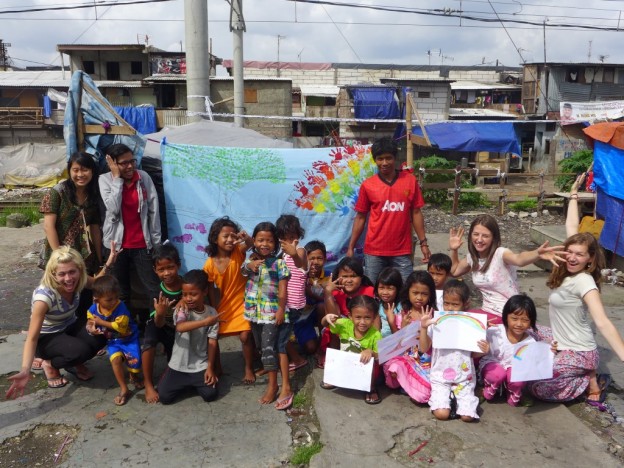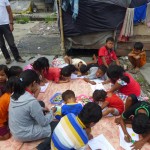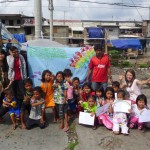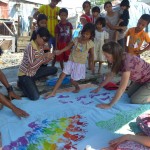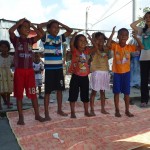Recently a SEEDS member conducted two training days for both bachelor and master students on using up-to-date technology for integrated chip (IC) design (wikipedia). The training was held at the Department of Electrical Engineering at Hasanuddin University in Makassar, Indonesia. Students in East Indonesia have little access to new technologies such as IC design which could bring a major boost for developing new industries and create jobs for graduates.
Because of such missing industries, graduates often end up in jobs that are not related to their studies. This training was offered in conjunction with other skills trainings organized by the SEEDS member’s Indonesian colleague that can build up industrial expertise of future graduates as they consider starting small businesses.
The previous IT industry work experience of our SEEDS member made the training practical and relevant in addressing real problems that are frequently faced in designing ICs. One of the participants had formerly developed his own processor but encountered some timing problems. Our SEEDS member was able to identify the underlying problem and suggested some solutions. It would be sad if the inventiveness of this student failed because of a lack of support and encouragement from experts in this field.
During the training the participants asked how they could obtain the soft- and hardware needed for engaging with this technology. Our SEEDS member has surveyed free or low-cost resources that are sufficient for getting started right away.
Most of the masters students who attended the training were lecturers from other universities in East Indonesia. They will pass on to the next generation of students the know-how that they have received, but also a hope to contribute in the development of their beloved country.

